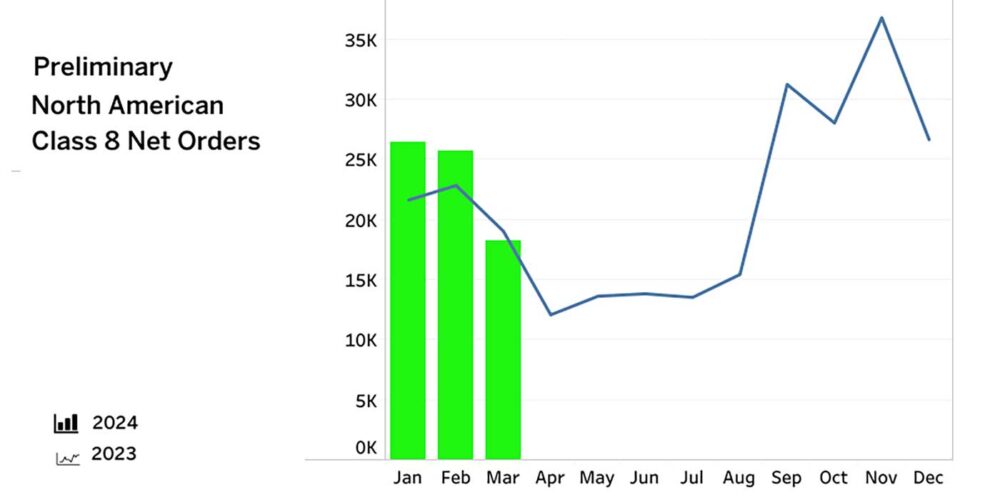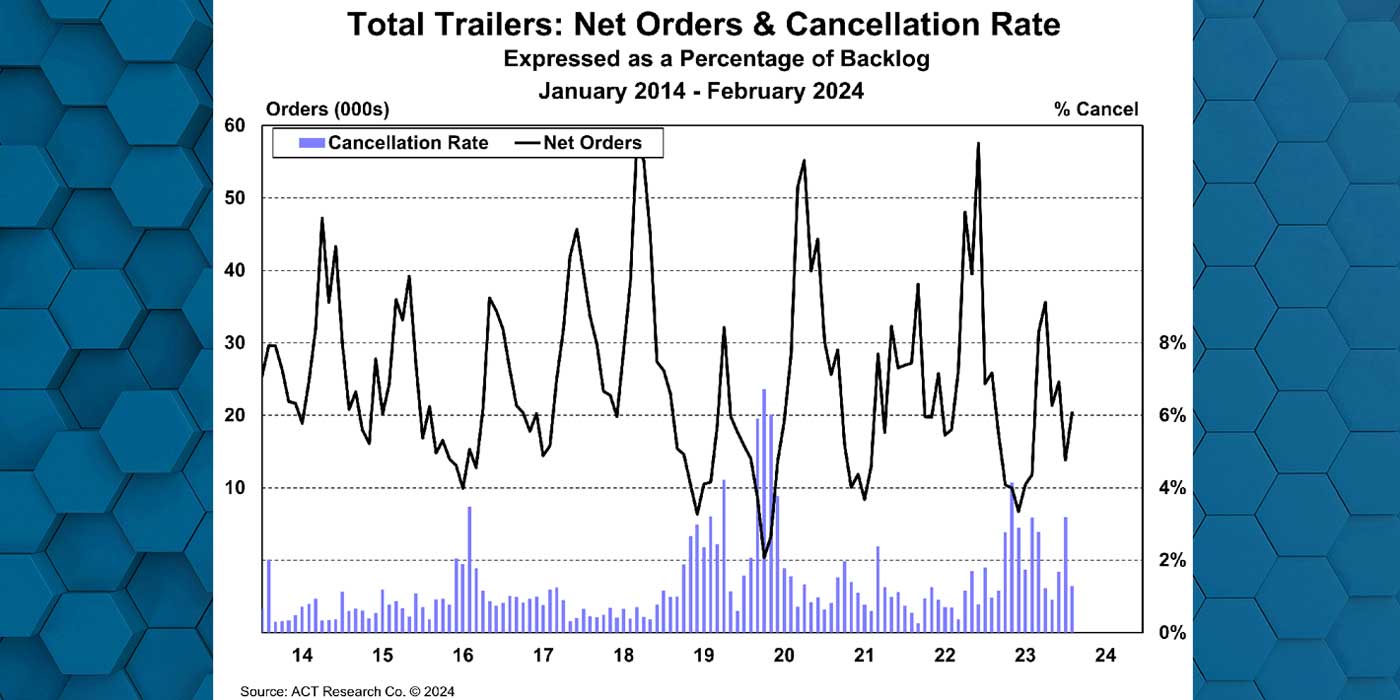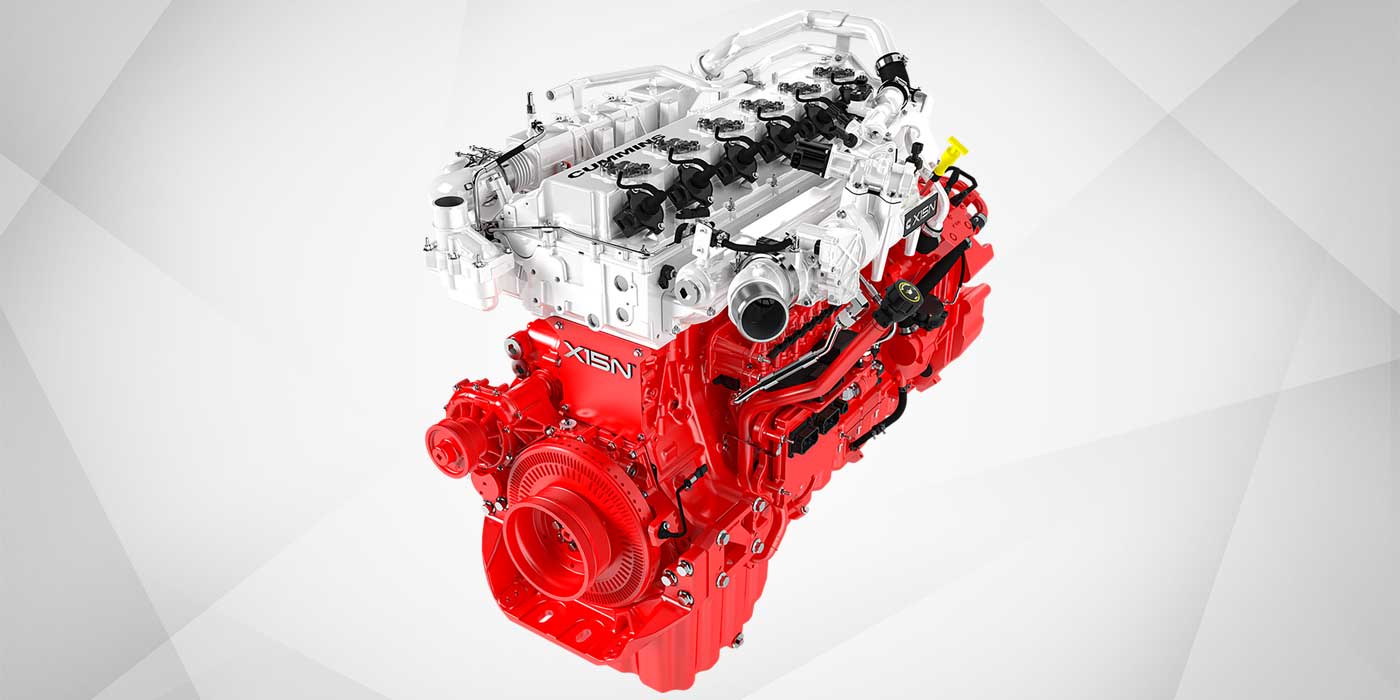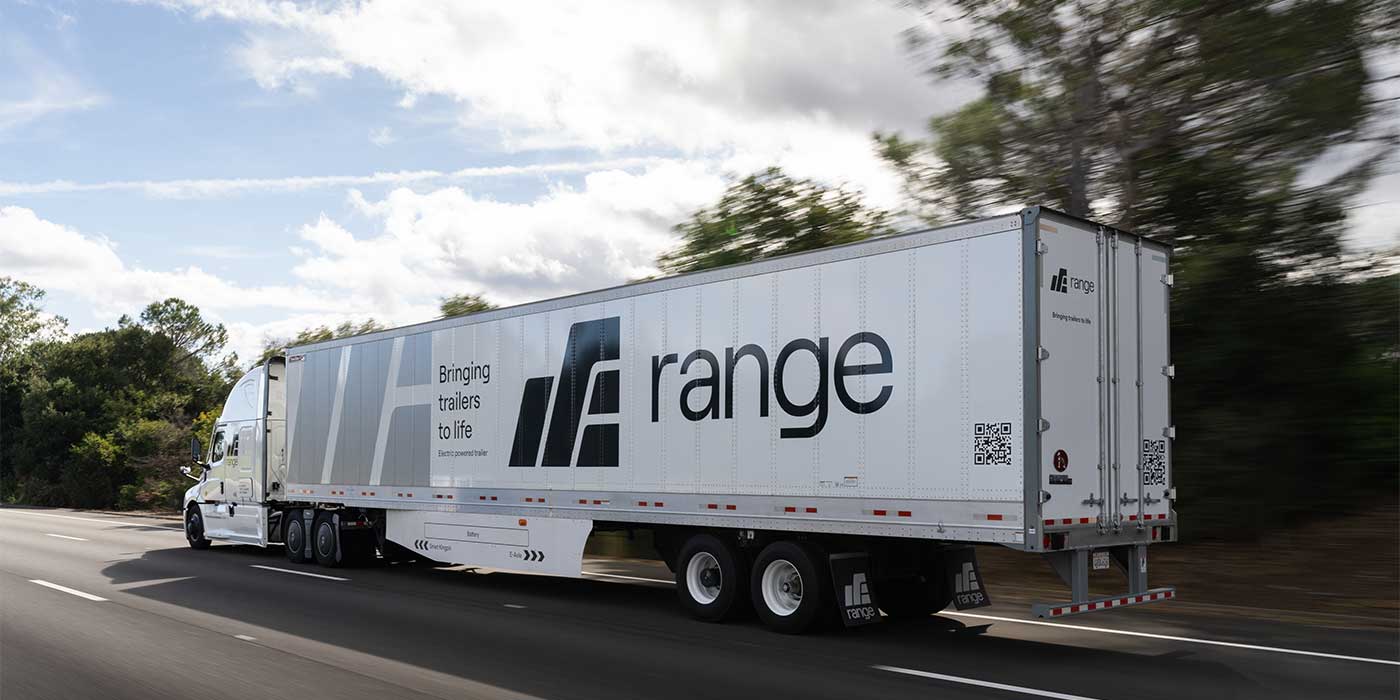It’s been a long time coming and, in the opinion of most tire industry engineers, long past due. Bias ply truck tires are becoming relics of a past age.
Early truck radials were tailored for over-the-road service. A more robust tread, sidewall and internal reinforcing materials were developed. Mixed-service and off-highway versions of the new tires appeared. Specialty radials eventually replaced bias designs, even in demanding service conditions.
The final equipment segment holdout has been the container chassis industry. Now a new proposed rule recently issued by the Federal Motor Carrier Safety Administration (FMCSA) is expected to provide a significant incentive to switch this price-conscious market to radials, hopefully, all the way to low-profile, tubeless radials. The new rule is expected to clarify that chassis owners are responsible for safety-related maintenance of equipment.
It’s not that bias ply tires are inherently unreliable or problem prone; they’re just technically obsolete. Most chassis-hauling truckers have complained about the poor condition of the chassis they are given at ports and rail terminals, with faulty tires, etc. Chassis owners have complained that tires that are more desirable (or costly) are “requisitioned” by truckers for their own use and replaced with well worn or even junk tires when the chassis is returned. Colored rubber stripes, stamped with “For trailer use only,” brands of ownership in sidewalls, and other attempts have been made to increase security, but the low initial cost of tube-type bias ply tires endured until recently.
From a technology and performance view, it’s generally true that tubeless bias tire designs don’t fare as well as tube-types; for radials, the opposite is true. The multi-piece wheel designs required for tube-type tires have become scarce in recent years due to associated servicing liability concerns. This has caused some users to convert to radials. Industry shipment records show bias ply tires (nearly all tube-type) currently account for less than 5 percent of the replacement medium truck market and a scant 1 percent of the original equipment side.
Bar coding, radio frequency identification (RFID) or other electronic asset tracking security systems will likely contribute to the exit of bias tires, which will usher in a new purchasing and maintenance approach for chassis owners – specifically lifecycle cost analysis vs. low up-front pricing.
Where retreading has been practiced to some degree on bias casings, radial casing designs are widely acknowledged to be more durable and longer lived for multiple retreads. Fuel economy benefits are an added bonus. The free-rolling trailer tire positions of a typical 18 wheeler can contribute up to half of the total tire rolling resistance for the rig and improvements in the 3 to 5 percent range should be realized. Quality radials can make container chassis more reliable and efficient, while reducing downtime and improving safety.
With a switch to radials, many chassis owners should be prepared for changes. While it is true that less overall servicing may be required, the basics of inflation pressure checks and inspections for damage/wear are essential and must be performed routinely. Premature loss of radial casings will have a bigger dollar impact and tend to negate potential savings from upgraded tires.
Since the new FMCSA rule is expected to shift responsibility to chassis owners, education, training, and documented maintenance records may be required at many locations. Chassis owners not familiar with rigorous tire maintenance programs should seek input from tire company field engineers or trucking companies that also own chassis. It’s a good bet they’ve already made the switch to tubeless radials in the quest for lower operating costs.













